|
Despite the ravages of COVID, I feel optimistic about my field, comics studies, and glad to be part of it. Important, eye-opening research continues apace, and my understanding of the field keeps getting bigger (which is to say that I keep getting challenged, in invigorating ways). The scholarly institutions I’ve been part of are doing what they can to bring communities together in spite of the pandemic. Academic conferences, independent comics festivals, and large-scale comic-cons have offered virtual programming this past year, so that life and study at home don’t seem quite so lonesome. I’m particularly happy to see the International Comic Art Forum’s slate of monthly virtual events, still ongoing, and the call for next summer’s Comics Studies Society conference. On a personal note, this year saw, at last, the publication of a long-term project of mine, Comics Studies: A Guidebook, a classroom-ready anthology co-edited with Bart Beaty (and published by Rutgers University Press). Bringing this book into the world took many years, but I'm proud of the results: essays by twenty scholars on the history, form, genres, production, and reception of Anglophone comics. These essays succinctly explain fundamental issues in the comics studies field, crystallizing complex questions, if I may say so, in ways that no book has done before, and often with real conceptual originality. I thank our contributors for their steadfastness, patience, and brilliant writing; the life of the Guidebook is in their essays. If you're a student or teacher of comics, I hope you'll check our Guidebook out. Again speaking personally, I had the pleasure to contribute to another comics studies volume this year, Kim Munson's Comic Art in Museums (published by the University Press of Mississippi), a groundbreaking collection focusing on the exhibition of comics in museums and galleries. If you want to know more about how comics came to be exhibited and recognized in the art world, then this book can give you a grounding. The history that Munson and her contributors lay out is longer and more complex than you might expect. (I am honored to have two pieces in the book, and to have curated the 2015 Jack Kirby exhibition that is the focus of several pieces.) What follows is a handful of comics studies books that I'm currently reading, books that I find particularly exciting at this moment. This is not meant to be a best-of for 2020, since, goodness knows, I've had trouble keeping up academically during the long lockdown (and there are new books that I haven't had a chance to dive into yet, such as Anna Peppard and company's Supersex: Sexuality, Fantasy, and the Superhero, or Frederick Luis Aldama et al.'s massive Oxford Handbook of Comic Book Studies). These are just a few of the books that recently struck me as expanding the boundaries of the field: Sean Kleefeld, Webcomics (Bloomsbury). Eszter Szép, Comics and the Body: Drawing, Reading, and Vulnerability (The Ohio State University Press). Disclosure: I co-edit, along with Jared Gardner, Rebecca Wanzo, and acquiring editor Ana Jimenez-Moreno, the OSUP's Studies in Comics and Cartoons series, which published Szép's book.) Gwen Athene Tarbox, Children's and Young Adult Comics (Bloomsbury). Rebecca Wanzo, The Content of Our Caricature: African American Comic Art and Political Belonging (NYU Press). Paul Williams, Dreaming the Graphic Novel: The Novelization of Comics (Rutgers UP).
0 Comments
Forgive me for interrupting KinderComics' coverage of children's and young adult comics to report on something else (albeit something related) that is near and dear to my heart: The 2018 officer elections for the Comics Studies Society ended last week, and I want to congratulate new CSS Board officers Colin Beineke, Leah Misemer, and Matt Smith, the newly reelected Nhora Serrano, the newly appointed Samantha Langsdale, and a new slate of Graduate Student Caucus officers including Bryan Bove, Biz Nijdam, Adrienne Resha, and Hanah Stiverson! Here is the full roster of the CSS Board at present:
Thanks to outgoing Member at Large Christy Blanch and outgoing Social Strategist and original Web Editor A. David Lewis! Thanks also to new VP Matt Smith for his two years of service as a Member at Large. (And thanks to emeritus founding officers Corey Creekmur, Brian Cremins, Rebecca Wanzo, and Qiana Whitted, who were part of the very first Board elected in late 2014.) You may notice that I'm the "Immediate Past President," which means that, yes, after several years on the job, I have stepped down from the Presidency and been succeeded by the very capable, tireless, and inspiring Carol Tilley! Carol is now spearheading plans for our first CSS conference, Mind the Gaps, to be held this August 9-11 at the University of Illinois at Urbana-Champaign. This innovative, forward-looking conference will include nearly fifty sessions, more than 140 program participants, and an array of special events—check it out! Per the CSS bylaws, I'll be serving on the Board for one more year, though no longer in a leading role. It has been my pleasure, and a source of great pride, to preside over the founding and early development of the CSS, and to work with such talented colleagues to envision and help ensure the future of Comics Studies. And it is my very great pleasure to pass the torch to Carol and all those who will come after. FYI, the CSS is a professional association and learned society for comics scholars, dedicated to (as our official mission statement says) "promoting the critical study of comics, improving comics teaching, and engaging in open and ongoing conversations about the comics world." The Society "celebrates and seeks to foster diversity in comics studies, including diversity in scholarly discipline, career position, job niche, and cultural and personal identity." Readers, if you're passionate about comics studies but don't know the CSS, I urge you to check us out—and feel free to contact me via this blog if you have questions! PS. As of yesterday, May 21, the CSS has just announced the winners of its inaugural prizes for scholarly writing:
The first-ever CSS Book Prize goes to Brannon Costello of Louisiana State University for Neon Visions: The Comics of Howard Chaykin (Louisiana State UP). The first-ever CSS Article Prize goes to Benoît Crucifix of the University of Liège and UC Louvain for "Cut-Up and Redrawn: Charles Burns's Swipe Files" (Inks 1.3, Fall 2017). The Chute Award for Best Graduate Student Conference Presentation goes to Alex Smith of the University of Cincinnati for "Breaking Panels: Gay Cartoonists’ Radical Revolt." (Chute Award judges also recognized three honorable mentions: Michael Grifka of the Ohio State University, Maite Urcaregui of UC Santa Barbara, and Andrea Horbinski of UC Berkeley.) With these awards, the CSS inaugurates a new tradition of prizes awarded by comics scholars to comics scholars. I hope you can join us at our conference in August to witness the official conferral of these prizes! Graphic Novels for Children and Young Adults: A Collection of Critical Essays. Edited by Michelle Ann Abate and Gwen Athene Tarbox. University Press of Mississippi, 2017. ISBN 978-1496818447. Paperback, 372 pages, $30. Newsflash! Graphic Novels for Children and Young Adults (2017), edited by Michelle Ann Abate and Gwen Tarbox, and including a score of essays by diverse authors, has just been (re-) released in paperback. It came out last year, but now, at last, I have a softcover copy of my own that I can annotate and mark up in the usual ruthless way. Yes! This is an essential collection, a landmark in the academic consideration of children's and Young Adult comics. Readers of Gwen's contribution to our Teaching Roundtable may know, or may wish to know, that her post builds on and adds detail to ideas set forth in this book, specifically in her essay, "From Who-villle to Hereville: Integrating Graphic Novels into an Undergraduate Children's Literature Course." Also, Roundtable participant Joe Sutliff Sanders has an essay in the book on children's digital comics! I haven't quite figured out how to teach English 392 yet, but I do know that this is going to be one of the required texts.
|
Archives
June 2024
|

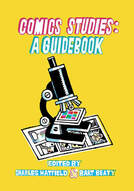
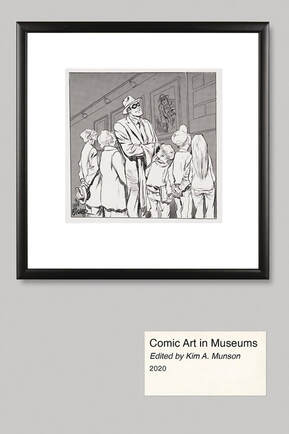
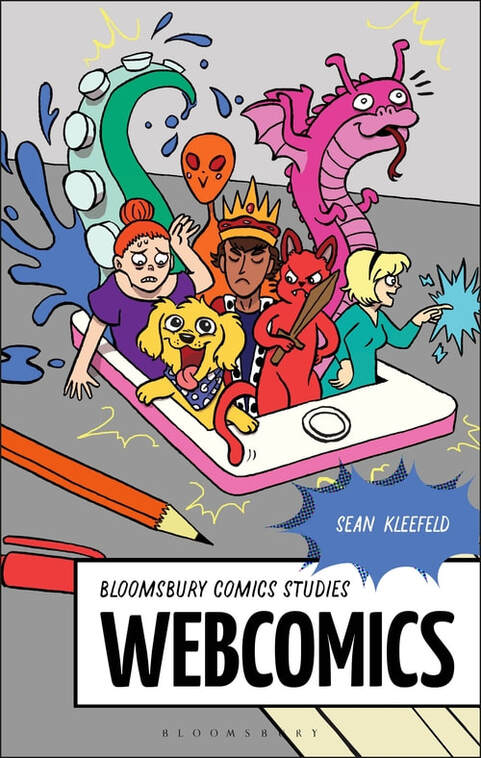
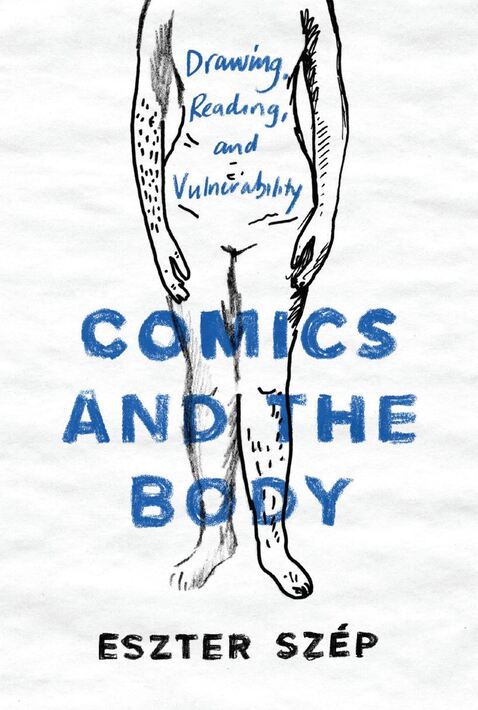
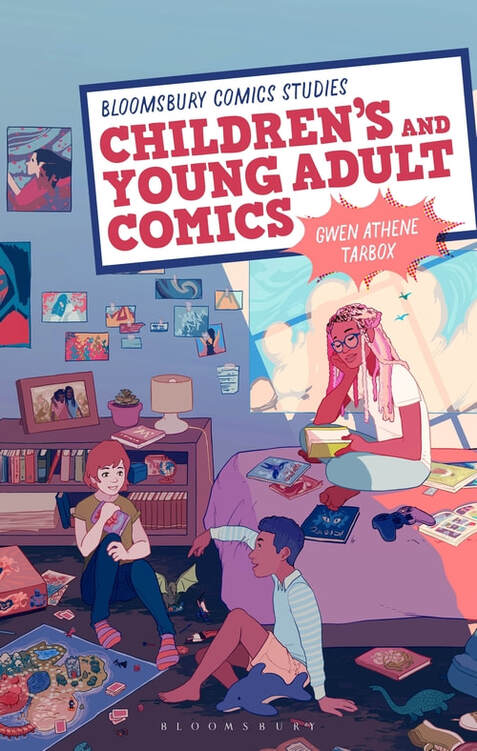
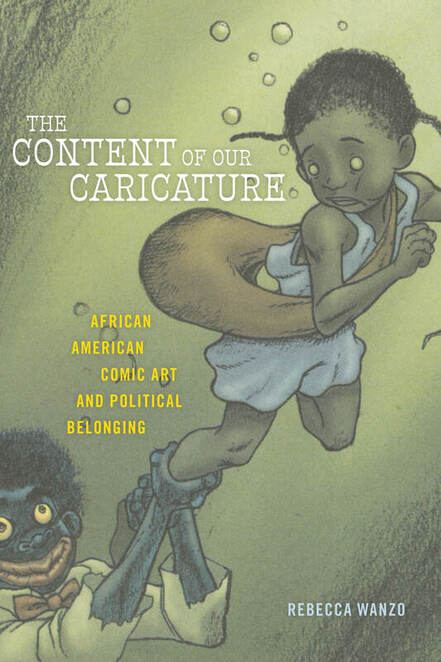
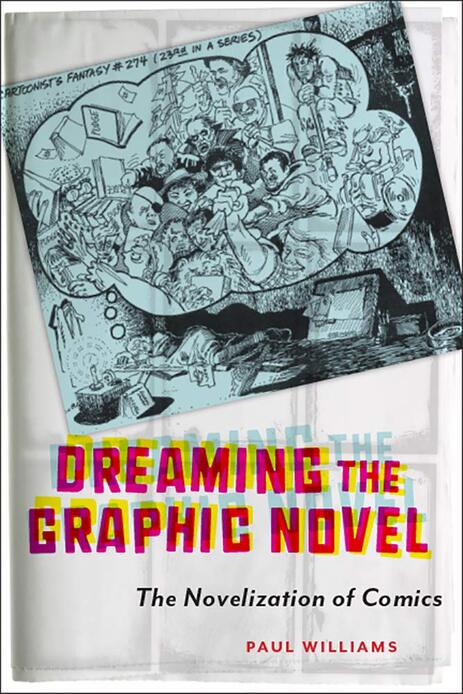
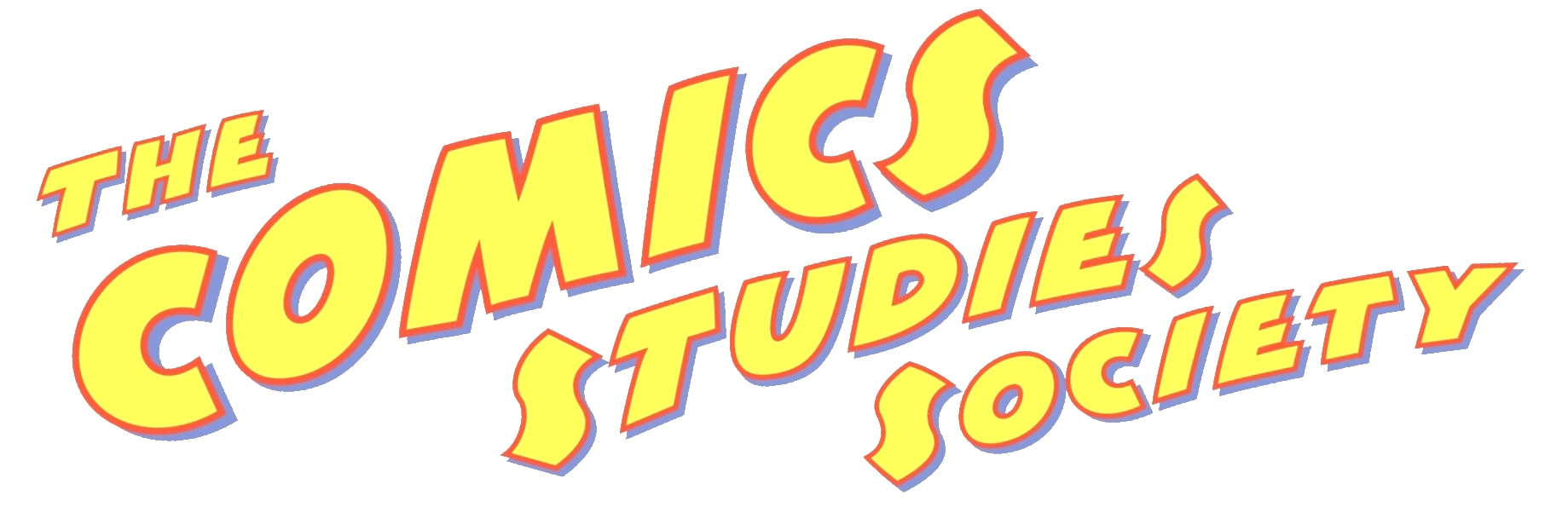
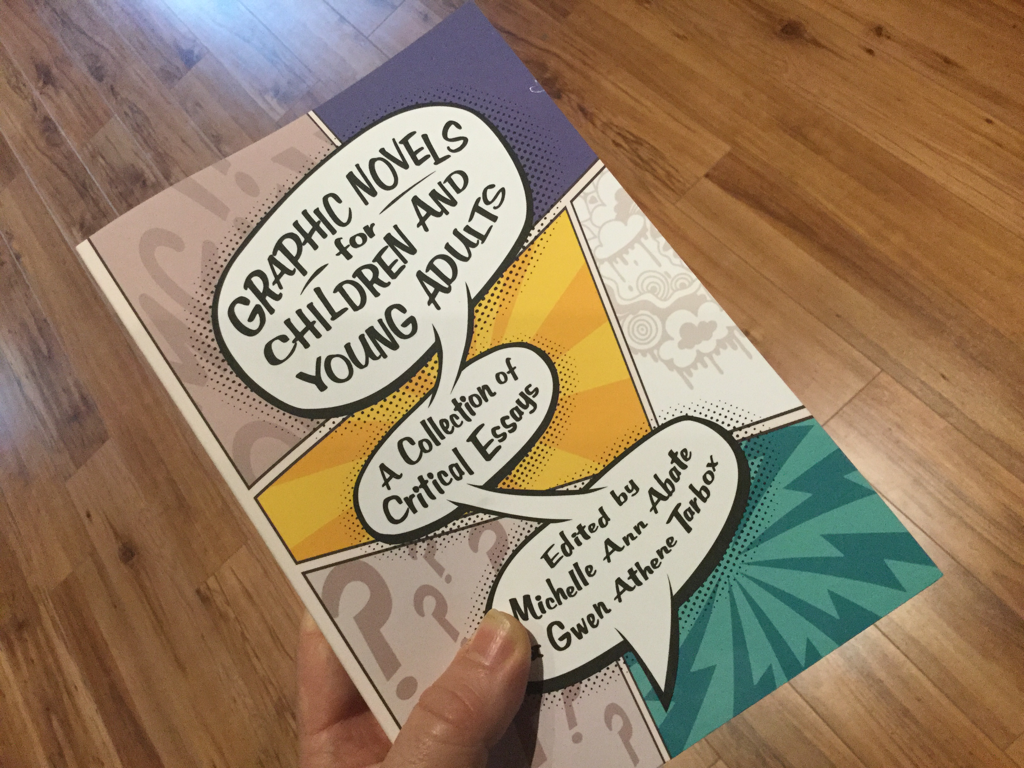
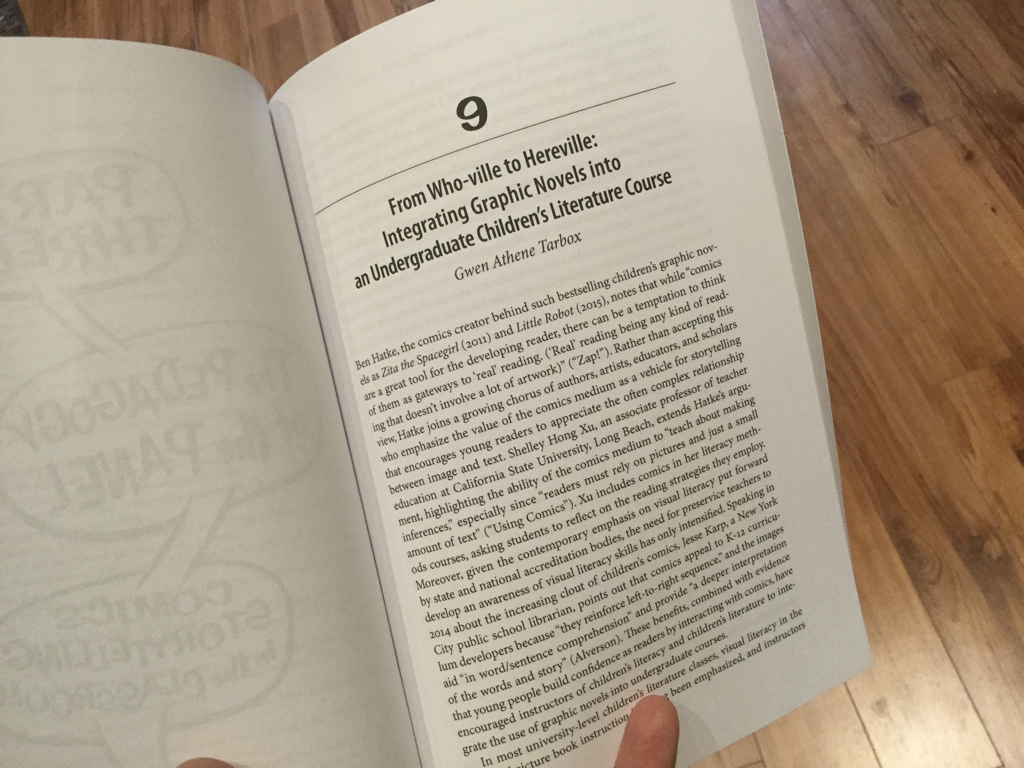
 RSS Feed
RSS Feed
